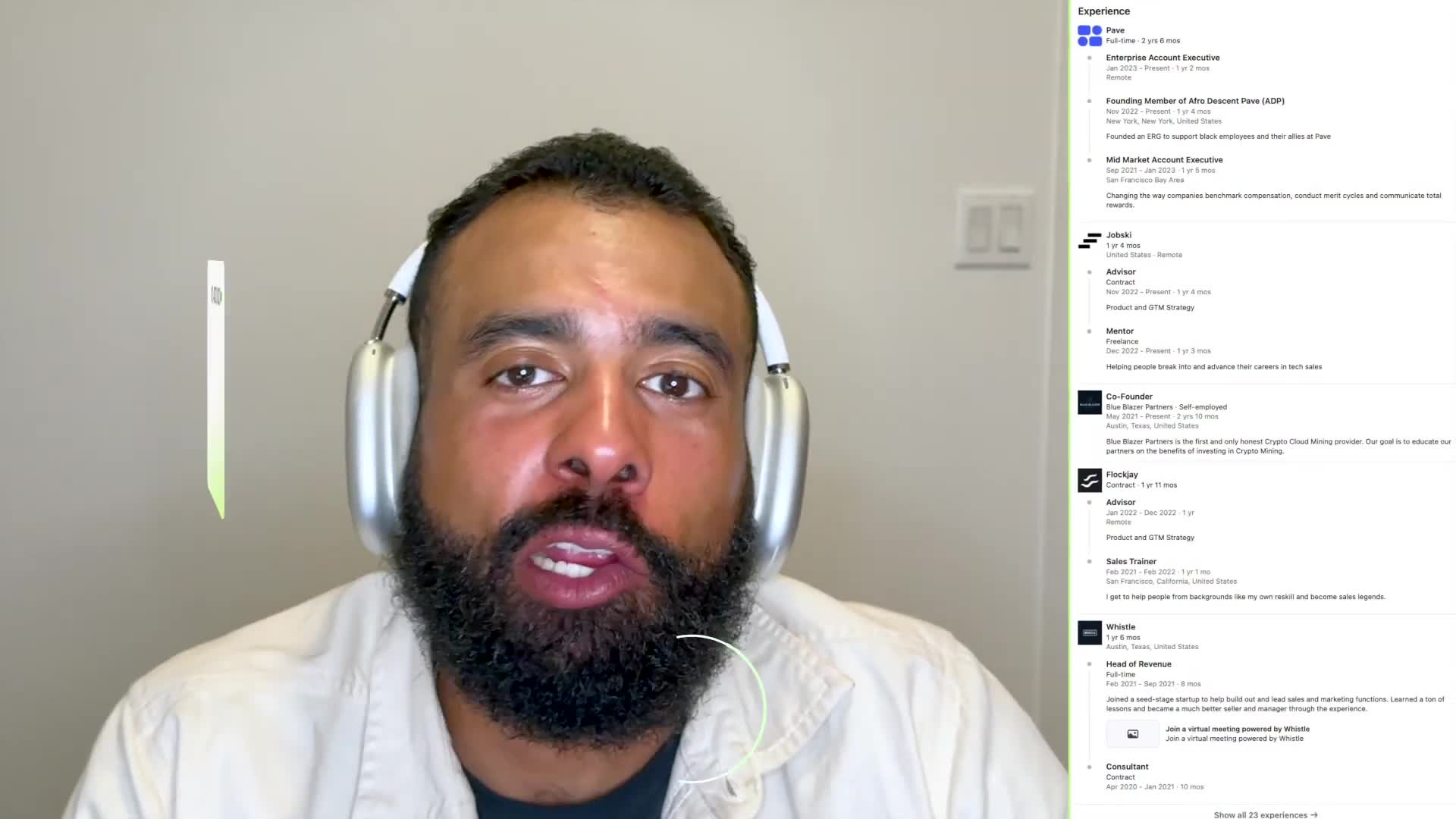Business Communication
Business communication refers to the systematic transfer and processing of information among stakeholders within and outside an organization, including employees, managers, clients, investors, and customers. It plays a crucial role in aligning organizational goals, enhancing employee engagement, mitigating conflicts, and boosting marketing and sales efforts. Recent trends indicate that effective business communication occurs through a variety of channels such as emails, meetings, digital media, and presentations, with the aim of fostering transparency, trust, and collaboration. The flow of communication can be categorized as upward, downward, lateral, or external, each serving distinct purposes that contribute to a cohesive business operation. As organizations continue to adapt to the latest advancements in digital technology, the landscape of business communication is evolving significantly. The integration of artificial intelligence (AI) and automation into communication practices is transforming how businesses operate. Companies are increasingly utilizing AI-driven tools and platforms for professional email writing, internal communication, and enhancing engagement with stakeholders. Recent insights emphasize the importance of building relationships through authentic communication while leveraging advanced tools for efficiency and scalability. Furthermore, adopting innovative internal communication tools is becoming essential for organizations aiming to address the modern workplace's demands, ensuring that communication remains effective, personalized, and adaptable. Emphasizing business communication skills is now more important than ever, as organizations seek to thrive in a rapidly changing environment and maintain meaningful connections with audiences and stakeholders.
What are effective strategies for LinkedIn sales messaging?
Effective LinkedIn messaging starts with keeping messages short (under 300 characters) and leading with pain points rather than product features. Sales professionals should add value before asking for time, focusing on prospects' challenges instead of pitching products immediately. Using tools like Magical helps create personalized templates for different personas, allowing customization while maintaining consistency. When connecting, highlight mutual connections and reference industry-specific pain points that resonate with the prospect. Remember to gauge interest before requesting meetings, and make relationship deposits before attempting withdrawals - providing value first creates receptivity to future conversations.
Watch clip answer (03:11m)What is the most effective approach for follow-up messaging when clients have already agreed to take action?
When clients have agreed to take action (like signing contracts or sending payments), Matt Easton recommends maintaining clear, consistent messaging rather than changing your approach. Instead of passive follow-ups like "just checking in," provide the specific resource they need to complete their promised action. For example, say: "I wanted to make sure you had the link to upload your statements" or "the address to send the check." Keep the same straightforward message across multiple follow-ups without changing tonality or showing frustration, as this maintains professionalism while gently reminding clients of their commitment without creating resistance.
Watch clip answer (04:03m)How can you effectively find and contact people who are most likely to support your brand?
The most effective approach is to start with your closest relationships. Begin by identifying who you communicate with most frequently - reviewing text messages can serve as a filter to determine your closest friends and family members. These 10-50 people are most likely to become evangelists for your brand and actively support your initiatives. After establishing this core group, you can expand to a broader network of 100-200 regular contacts. This strategy makes sense because those with whom you have the strongest relationships are naturally more inclined to help promote your brand. Personal connections are the foundation of effective brand evangelism.
Watch clip answer (00:52m)What are the key strategies for formulating effective interview questions according to Chris Wallace?
According to Chris Wallace, thorough preparation is essential when formulating interview questions. He emphasizes that while interviewers may not know as much as their subjects about specific topics, they have the advantage of knowing what they'll ask in advance. Wallace stresses making questions 'bulletproof' by keeping them focused, narrow, and precisely phrased to prevent interviewees from exploiting imprecisions. Equally important is the follow-up question, which Wallace considers crucial for creating newsworthy moments. He notes that the initial question is sometimes almost a 'throwaway,' while the real value comes from carefully listening to responses and crafting targeted follow-ups. This approach allows interviewers to maintain control of the conversation and extract meaningful information even from challenging subjects.
Watch clip answer (03:44m)What are effective questions to ask when gathering employee feedback?
When gathering employee feedback, asking the right questions is crucial. Rather than vague inquiries like 'How am I doing?' which typically yield generic responses like 'You're doing great,' employees should use specific, targeted questions. Effective questions include 'What unique contributions am I making to the team that others aren't?', 'What is my reputation in this team?', and 'What conditions have you seen me thrive in and where am I struggling?' These concrete questions give colleagues permission to provide meaningful insights and focus the feedback on valuable information that can actually drive professional development.
Watch clip answer (00:46m)How can social proof be used effectively in follow-up strategies?
Social proof is a powerful follow-up strategy that incorporates testimonials, video screenshots, and other evidence of client success to help convert prospects. By strategically sharing these materials during follow-ups, you demonstrate credibility and create peer pressure that influences decision-making. The more testimonials collected, the greater your results will be. Social proof works because it helps prospects who are on the fence or even resistant to move toward a positive decision. Testimonials are particularly effective as they allow potential clients to see others' positive experiences, making them more likely to believe in your value.
Watch clip answer (07:26m)




